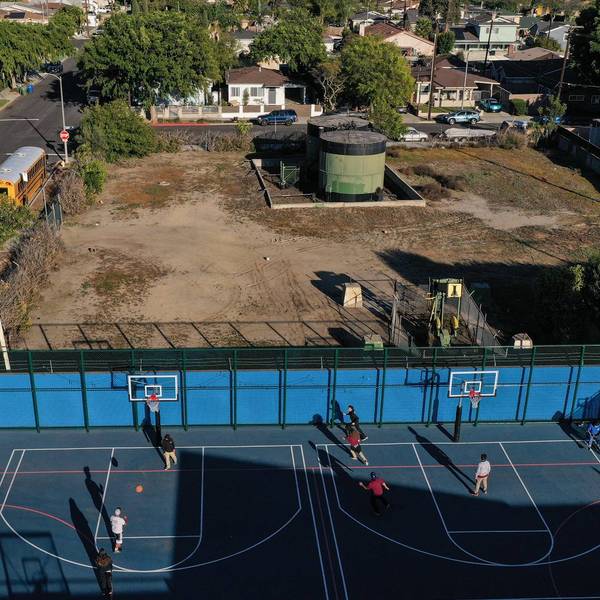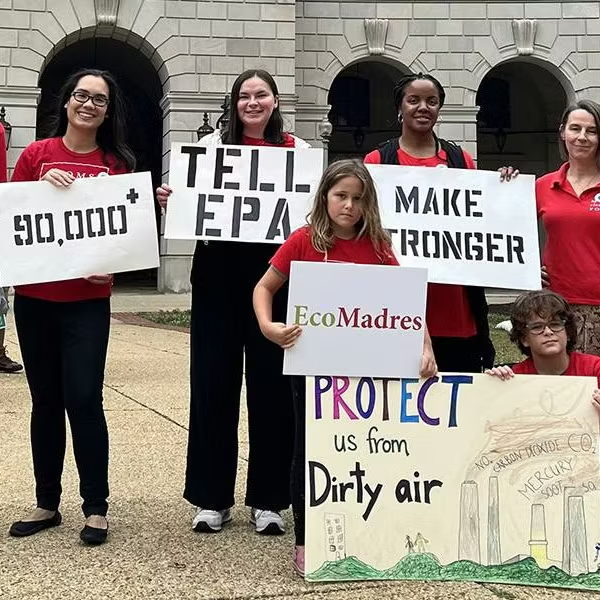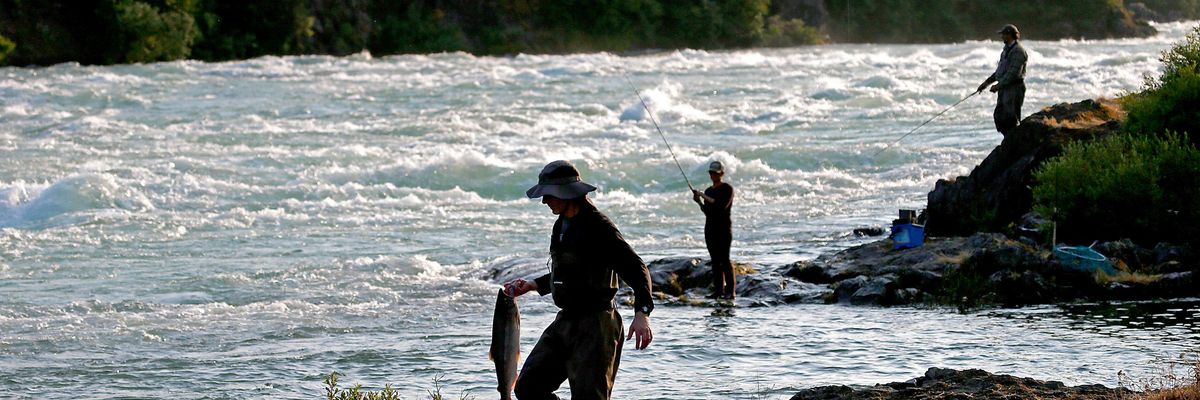Campaigners across the United States celebrated the Biden administration's step this week to safeguard Alaska's Bristol Bay from the proposed Pebble Mine long opposed by conservationists, local fishery advocates, and tribal leaders.
"We can't afford to lose any more time to the uncertainty that has hung over Bristol Bay communities for years."
Critics of Pebble Mine warn that any attempts to extract regional copper and gold deposits would endanger the world's largest wild sockeye salmon fishery, which generates over $2 billion a year, supports thousands of U.S. jobs, and sustains Indigenous communities.
Environmental Protection Agency (EPA) Region 10 Regional Administrator Casey Sixkiller on Thursday unveiled a recommended determination to prohibit and restrict the use of certain waters in the region as disposal sites, the third step in the agency's four-step Clean Water Act Section 404(c) review process.
"If affirmed by EPA's Office of Water, this action would help protect salmon fishery areas that support world-class commercial and recreational fisheries and that have sustained Alaska Native communities for thousands of years, supporting a subsistence-based way of life for one of the last intact wild salmon-based cultures in the world," said Sixkiller.
Welcoming the development, Alannah Hurley, executive director for the United Tribes of Bristol Bay, said that "after 20 years of Pebble hanging over our heads, the Biden administration has the opportunity to follow through on its commitments by finalizing comprehensive, durable protections for our region as soon as possible."
"We look forward to reviewing the EPA's recommended determination in greater detail to ensure it achieves the goal of protecting our people and region from the threat of the Pebble Mine," Hurley added.
Bonnie Gestring, Earthworks' Northwest program director, also praised the EPA's "important step forward in the fight to permanently protect Bristol Bay, its economy, its salmon, and its people from the dangerous and destructive Pebble Mine."
"We can't afford to lose any more time to the uncertainty that has hung over Bristol Bay communities for years," Gestring emphasized. "We urge the Biden administration to finish the job of providing lasting protection for Bristol Bay by the end of the year, and fulfill their commitment to the people of Alaska."
Alaska Environment state director Dyani Chapman stressed that the Bristol Bay headwaters must remain free of not only mining but also dams and other destructive industrial activities.
"The whole ecosystem including bears, birds, walruses, whales, and freshwater-dwelling seals depend on the salmon, and the salmon depend on healthy water," Chapman said. "Local residents, scientists, and the broader public all agree that this is quite simply a bad place for a mine, and it is past time for the EPA to take Pebble off the table permanently."




